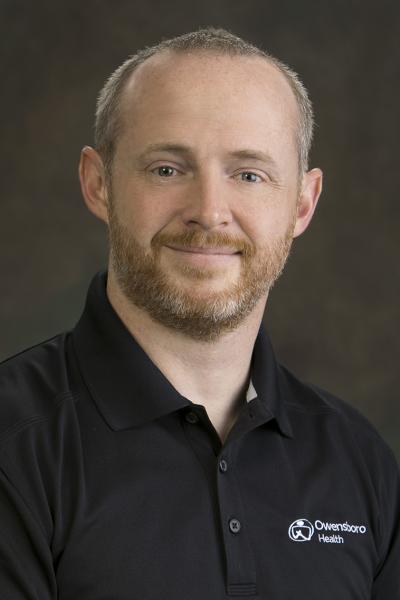Published on December 20, 2022
Readiness to Change
By Matt Casebolt

Change is hard. If change were easy, there wouldn't be seminars, books, theories, or newspaper articles about the topic. If change were easy, then there wouldn't be multiple behavioral change models available to review and apply to whatever change you are trying to accomplish. A man I know and respect very highly had a simple view on change: "sounds like you need to stop doing that." That is simple advice, but the principle stands.
A scenario that you could apply this to is, "I need to lose weight but every time I go to lunch I get pizza or a hamburger." Enter the advice, "sounds like you need to stop going to places that serve pizza and hamburgers."
Or maybe it isn't about weight loss or nutrition. Maybe your challenge is more like, "I need to have a better attitude, but the people I work with just bring it out in me." The advice? "Sounds like you need to find a new department or job."
Is it that simple? Yes. Is it that easy? No. Change is hard. It is easier to find a restaurant that doesn't serve healthy options, and it is easier to stay in the job you are in instead of moving to something else you may or may not like. The Transtheoretical Model proposed by Prochaska and DiClemente classify this as precontemplation. You have zero intention of taking action in the foreseeable future. All you are willing to do right now is acknowledge that what needs to change (diet, job or whatever it may be for you) produces negative consequences for yourself or others.
In the Transtheoretical Model (if you take the longest time frame for each stage), it will take you 13 months to actually make the change. In stage one, you have no intention of changing in the next six months. In stage two (contemplation), you will change in the next six months. In stage three (preparation/determination), you will change in the next 30 days. During stage 4 (action), you are actually making the change. No wonder New Year's resolutions fail. You should have started in November of 2022 to ensure you were ready to start the change in January 2024! Even if you took less time, it would still be several months before you initiated the change. Then you still have to worry about stage five, which is maintenance, and there is the concern of relapse into the habit you are trying to eliminate.
So with this daunting task before you, how do you speed up the process? Unfortunately, this goes back to the advice from my friend I mentioned at the beginning. You just have to do it. There will be relapses. There will be setbacks. That is NOT failure. That is what makes change hard. You can use tools and methods to help increase your chance of success. You can tell people (not just a person) about what you are doing and that you want them to ask you about it. Using multiple people will help because if one person doesn't reach out someone else hopefully will. Make the change as active as possible. Don't just say you will join the gym and sign up. Go to the gym, sign up, and do a workout. Even if all you do is get on a treadmill or equipment you are comfortable with, you have started the process fully.
A big thing to do is focus on something other than your ultimate goal. It is good to have an ultimate goal, but if your ultimate goal is to lose 50 pounds, just seeing a pound or two drop off may discourage you. Instead, focus on small goals. This week I will lose two pounds, or today I will not have any sweets. Then restate your goals out loud every day. Those small goals will make the big goal happen in time, and you will be encouraged because you know you are making progress.
So are you ready to change? The answer is "yes." The question is, "am I willing to change?"
Matt Casebolt is an Exercise Referral Specialist at the Healthpark.
About Owensboro Health
Owensboro Health is a nonprofit health system with a mission to heal the sick and to improve the health of the communities it serves in Kentucky and Indiana. The system includes Owensboro Health Regional Hospital, nationally recognized for design, architecture and engineering; Owensboro Health Muhlenberg Community Hospital; Owensboro Health Twin Lakes Medical Center; the Owensboro Health Medical Group comprised of over 350 providers at more than 30 locations; four outpatient Healthplex facilities, a certified medical fitness facility, the Healthpark; a weight management program, and the Mitchell Memorial Cancer Center.
On average each year, we have more than 19,000 inpatient admissions, deliver 2,000 babies and provide the region’s only Level III NICU. Owensboro Health physicians perform nearly 33,000 surgical procedures, including nearly 150 open-heart surgeries. Our physicians and staff have 90,000 Emergency Department visits and more than 1.25 million outpatient visits annually. Visit our home page for more information.